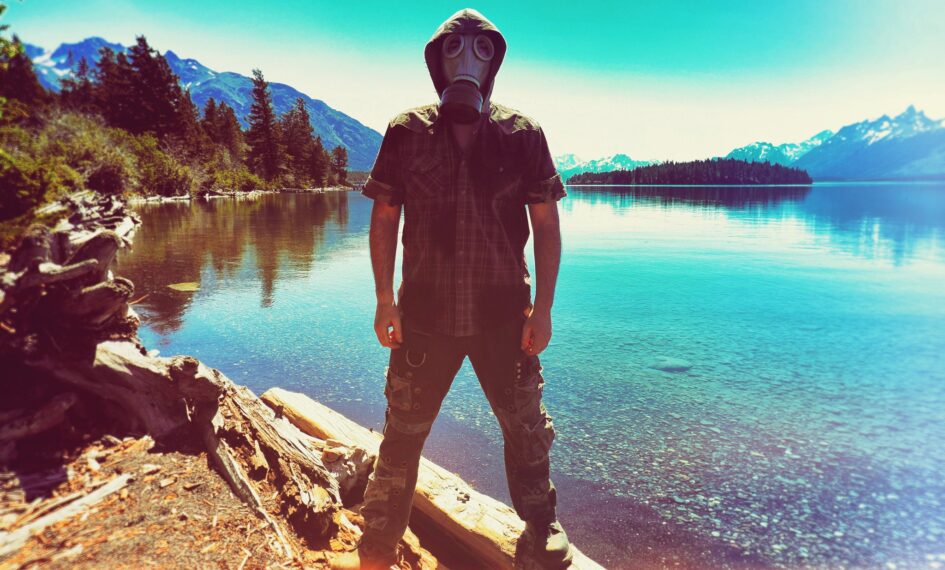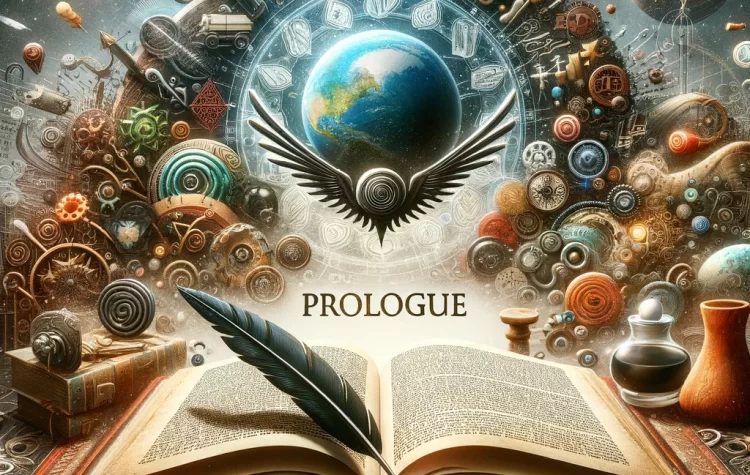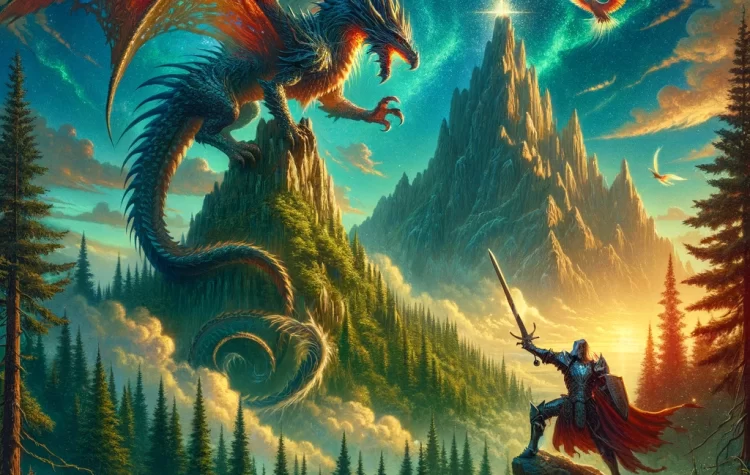Meaning of Dystopian: “Dystopian” refers to an imagined state or society where there is great suffering or injustice, typically one that is totalitarian or post-apocalyptic. The term is often used to describe a fictional world in literature, movies, or other media, where societal trends have led to a degraded, oppressive, and often frightening environment. Dystopian societies are characterized by environmental degradation, extreme authoritarianism, the loss of individual freedoms, and various other negative traits.
Etymology and Origin: The word “dystopian” is derived from the term “dystopia,” which is formed by combining the Greek words “dys,” meaning “bad” or “difficult,” and “topos,” meaning “place.”
- Greek Roots: “Dys” (bad, ill) and “topos” (place) combine to literally mean “bad place.”
- Formation of ‘Dystopia’: The term “dystopia” was coined as an antonym to “utopia,” a term created by Sir Thomas More in 1516 for his book of the same name, which describes an idealized society. While “utopia” means “no place” but is often interpreted as “good place,” “dystopia” was formed to represent its direct opposite – a society characterized by human misery.
- Usage in English: The use of “dystopia” and subsequently “dystopian” became prevalent in the 20th century, especially in literary and academic contexts, to describe oppressive fictional worlds and societies.
“Dystopian,” therefore, originates from Greek components to describe an undesirable or frightening society, often used in literature and social criticism to explore the dangerous outcomes of certain societal trends.



